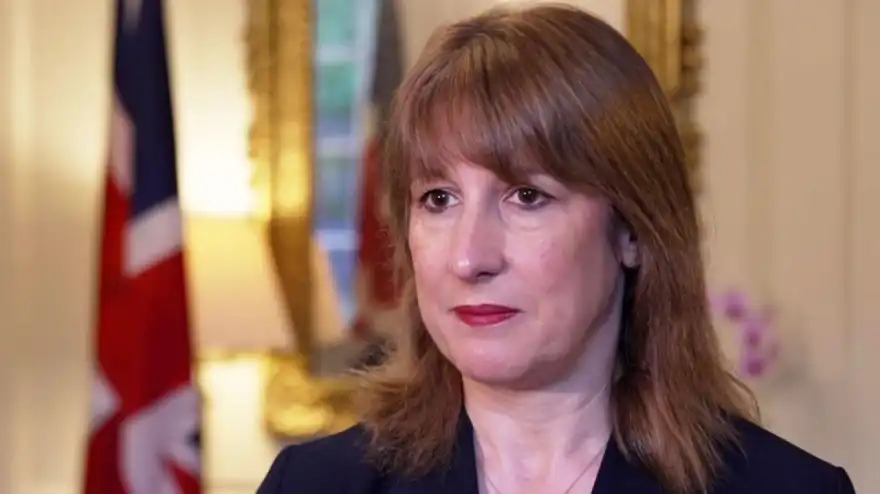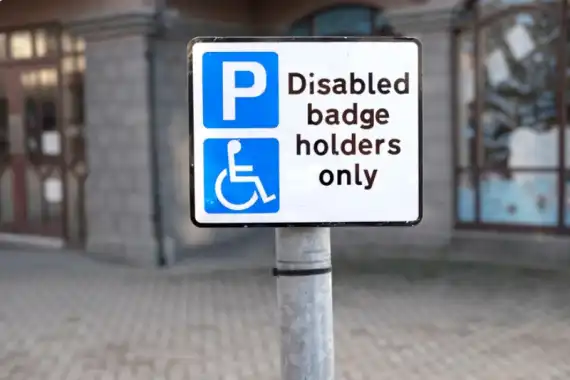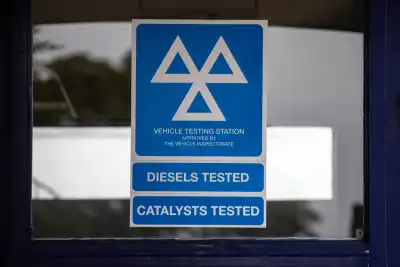
Rachel Reeves is exploring reforms to the Motability Scheme that could save the Treasury more than £1 billion in next month’s Budget.
The Chancellor is reportedly considering removing tax reliefs that allow Motability users to avoid paying VAT and insurance premium tax on their leased vehicles. The scheme currently supports around 860,000 disabled people.
Government sources also suggest that Reeves could move to stop claimants from leasing high-end vehicles such as BMWs and Mercedes. The system currently costs taxpayers about £2.8 billion a year.
However, The Times reports that Reeves is unlikely to restrict overall eligibility to the scheme, despite criticism that some people with conditions such as anxiety, constipation and tennis elbow are able to qualify. Ministers are said to be cautious about making major welfare cuts after Labour backbenchers previously blocked £5 billion of proposed reductions over the summer.
The debate follows comments made by Kemi Badenoch at the Conservative conference, where she argued that Motability should be limited to people with serious disabilities and not conditions such as ADHD.
Shadow Work and Pensions Secretary Helen Whately said the Chancellor was following the Conservative lead. She said Motability “should be there for people with serious disabilities” and claimed her party would prevent those with mild mental health issues or neurodiversity from accessing free cars. She also insisted taxpayers should not be funding luxury models through the scheme.
In an interview with Channel 4 News, Reeves defended her intention to press ahead with welfare reform. She said: “We cannot leave welfare untouched. We have to do reform in the right way and take people with us.”

Motability’s chief executive Andrew Miller earlier this year dismissed claims that the scheme had become a “racket” after an investigation revealed it held a £4 billion surplus. The charity’s separate arm was also found to be holding £1.7 billion not yet allocated to good causes.
Reports also showed the organisation had an annual turnover of £7 billion, made up of disability benefits and revenue from selling used vehicles. Its customer base grew by 15 percent last year, driven by an increase in disability claims. Despite the scheme costing the public around £2.8 billion annually, it reportedly held £1.3 billion in cash reserves last year.
James Lawson of the Adam Smith Institute said cutting Motability’s tax reliefs would be a “good first step” in reducing public spending. He argued that scrapping premium models and removing £1.2 billion in tax exemptions could help control “spiralling welfare costs”.
Disability campaigners have warned against scaling back the scheme. Emma Vogelmann from Transport for All said restricting access could “lock disabled people away from daily life”. Scope’s James Taylor added that limiting eligibility would particularly harm disabled people on lower incomes.
Meanwhile, ministers are said to be standing firm on controversial plans to apply inheritance tax to business and farm assets worth more than £1 million. Liberal Democrat environment spokesperson Tim Farron called the policy “a kick in the teeth for British farmers” and warned it would harm food production and environmental work.




